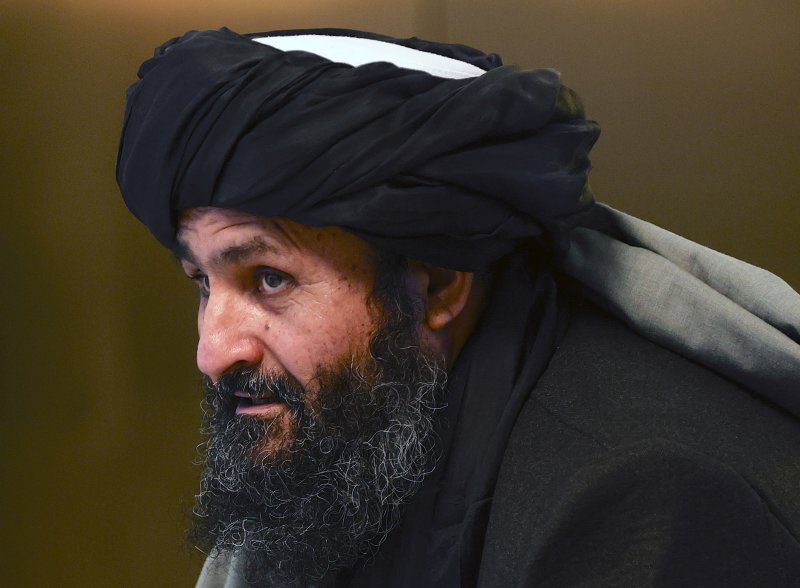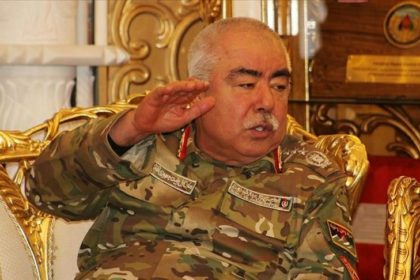RASC News Agency: The Taliban’s Economic Commission recently announced the approval of ten major construction and commercial projects, reportedly valued at over 2.27 billion Kabuli rupees, claiming that these proposals have been submitted to their supreme leader, Hibatullah Akhundzada, in Kandahar for final endorsement.
However, economic and infrastructure experts argue that most of these so-called “development projects” remain confined to paper and propaganda. Analysts stress that the Taliban’s frequent press releases and public statements about large-scale economic initiatives are primarily designed to project an illusion of governance, progress, and legitimacy a narrative increasingly disconnected from the grim socioeconomic reality faced by millions of Afghanistanis.
According to the Taliban’s deputy prime minister for economic affairs, these projects are to be implemented in Kabul and six other provinces. The official statement lists a series of multi-storey commercial markets ranging from two to ten floors in Takhar, Jawzjan, Khost, Laghman, and in the first and eleventh districts of Kabul.
The Taliban claim that the plan includes a two-storey market in Takhar, a five-storey complex in Sheberghan, a ten-storey building in Kabul, and an eight-storey structure in Mehtarlam. Additionally, the statement mentions the creation of an “agricultural nursery” covering 150 acres in Guzara district of Herat, aimed at cultivating fruit-bearing trees, as well as a 20-storey residential tower in the tenth district of Kabul.
The group further asserts that under the same initiative, a commercial complex at Islam Qala border crossing in Herat and an underground market in Jalalabad will also be built. Yet, despite the ambitious scope of these announcements, the Taliban have provided no timeline, no details on funding sources, and no explanation of implementation mechanisms.
Observers note that many similar projects announced by the Taliban in the past have either stagnated midway or never advanced beyond the announcement stage. Their failure, analysts argue, stems from chronic administrative inefficiency, lack of technical expertise, and an opaque financial system dominated by patronage rather than professional accountability.
While Taliban officials insist that their governance policy revolves around “economic reconstruction and self-reliance,” economic experts remain deeply skeptical. They point to the regime’s non-transparent financial structure, absence of qualified civil engineers and planners, and the severe international isolation that prevents any meaningful foreign investment or technical collaboration.
Critics say that these grand announcements serve more as political theater than practical development, aimed at maintaining an image of control and capability amid growing public disillusionment. “These are paper projects, not public service,” said one Kabul-based economist, emphasizing that without funding transparency, procurement oversight, and independent monitoring, no meaningful progress can be achieved.
In essence, the Taliban’s economic narrative appears increasingly hollow a facade of “reconstruction” masking a deep economic paralysis and institutional decay. Behind each press release promising prosperity lies a harsher truth: a regime devoid of competence, resources, and international credibility to turn promises into tangible change.






